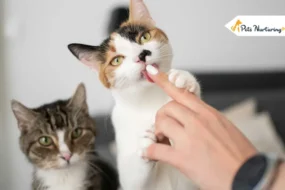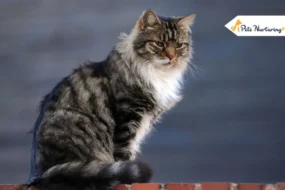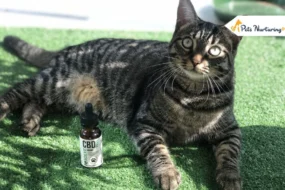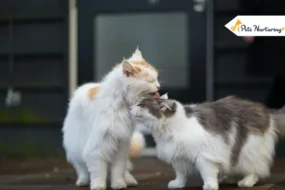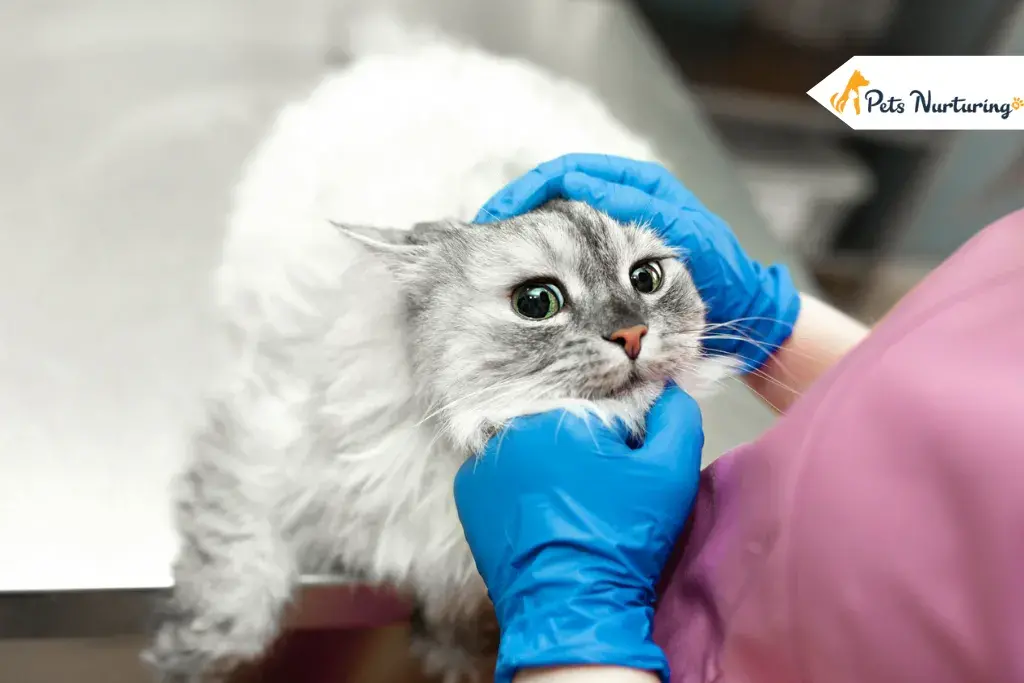
We cough from time to time, and the same goes for cats. cat coughing is a reflex that helps the body to clear material from the inside of the respiratory tract. Cats cough when something irritates the coughing receptors that line their pharynx (an area that is behind the mouth and nose), larynx (voice box), trachea (windpipe), and smaller airways (bronchi). Infrequent or irregular cat coughing is nothing to worry about in an otherwise healthy cat. Pay attention to more severe or chronic coughs or those linked with other symptoms. If your cat has a serious or persistent cough, you should make an appointment with the veterinarian. Early treatment and diagnosis are critical for a rapid recovery! Here are some possible reasons why your cat is coughing and what you can do to help.
What Does a Cat Cough Sound Like?
A coughing cat generally stops what they are doing and sticks out their head, extending the neck. You may hear a single cough or several—and if your cat coughs more than once in a row, he will sit or stand in one place during this process.
When coughing, a cat’s belly and chest movements are dramatic since cough is a forceful air out. The cat won’t pant or wide-open its mouth when coughing, and coughing is not fast—each cough will most likely have at least a second or two in between.
There are two types of cat coughs: dry cough and wet cough. The lining of the respiratory system contains cells that disperse mucus, or the thick gooey material you see when you blow your nose. Sometimes cats sneezing causes will increase mucus production and produce a wet cough, while others will not produce a dry cough.
A dry cough of a cat usually sounds like a wheeze or a honk, and the cat will not swallow afterward. In comparison, a wet cough sounds like something with water, or something is stuck in the back of the cat’s throat; after coughing, the cat will swallow; it will be an exaggerated movement that you can see in the throat.
What Are the Other Things That May Happen to Cats?
Your cat may make other sounds, which may sound like that your coughing cat, but it may be other things, such as:
Retching
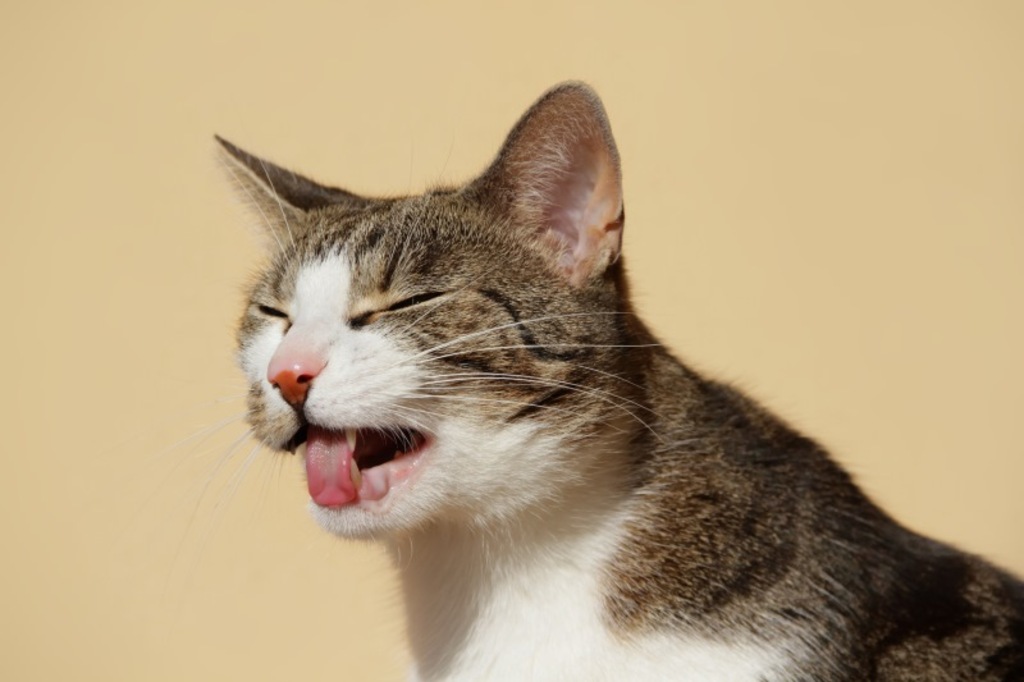
It occurs when something is caught in the back of the throat. Cats generally make an abrupt loud noise with their mouths wide open briefly before shutting it again. Retching occurs after a fit of coughing, and a very small amount of Fluid or possibly food may come.
Reverse Sneezing
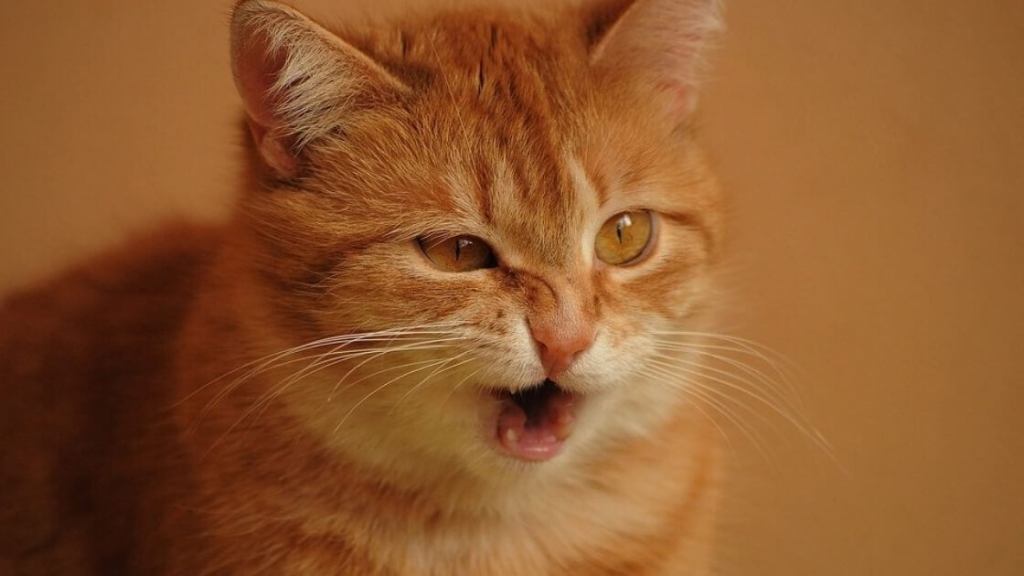
Reverse sneezing occurs in fits and happens due to irritation in the throat and nasal cavity. Multiple sneezes happen rapidly without pausing. The cat lips will be pulled back as the cat tries to draw air inward (instead of out like coughing).
Vomiting
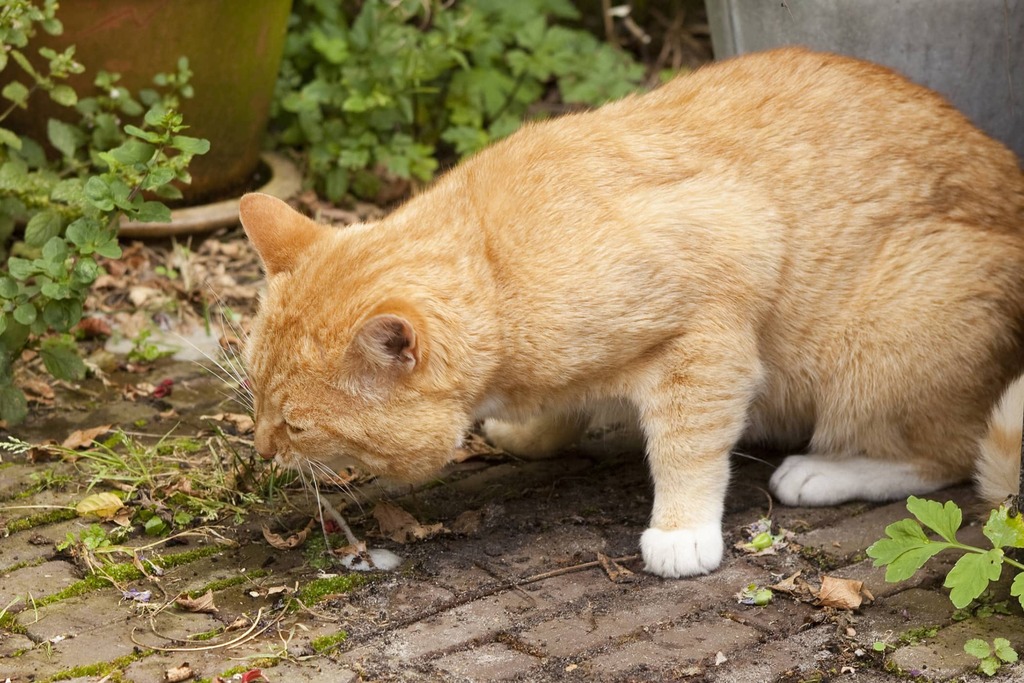
It happens when the body releases stomach contents out through the mouth. The cat will produce Fluid and foodstuff. In some cases, a mass of fur or hair will come out as well. The cat’s belly will dramatically move while the cat works up to vomiting, and the cat will stop moving or be active to vomit. Most cats vomit more than one time in a single vomiting instance, but it can be separated by a few seconds or several hours. Sometimes cats stop eating and drinking too.
Why Is My Cat Coughing?
To know if your cat is coughing, you should make a video of when it is happening and show it to your veterinarian. The veterinarian will be able to diagnose whether the noise you are hearing is coughing or not. Ensure you are close to the cat for the video to get good sound quality, but not so close that you cannot see the face, throat, and chest areas during the coughing. There are various reasons why your cat is coughing, these reasons are endless, but sometimes the problem is obvious.
Many pet parents assume that their cat is coughing because of a furball. But if the cat has a furball, he will likely vomit or retch, which is different from coughing. If the veterinarian watches a video and determines why your cat is coughing, it is almost certainly not due to a furball. The possible cat illnesses may also be the cause why my cat is coughing:
Asthma
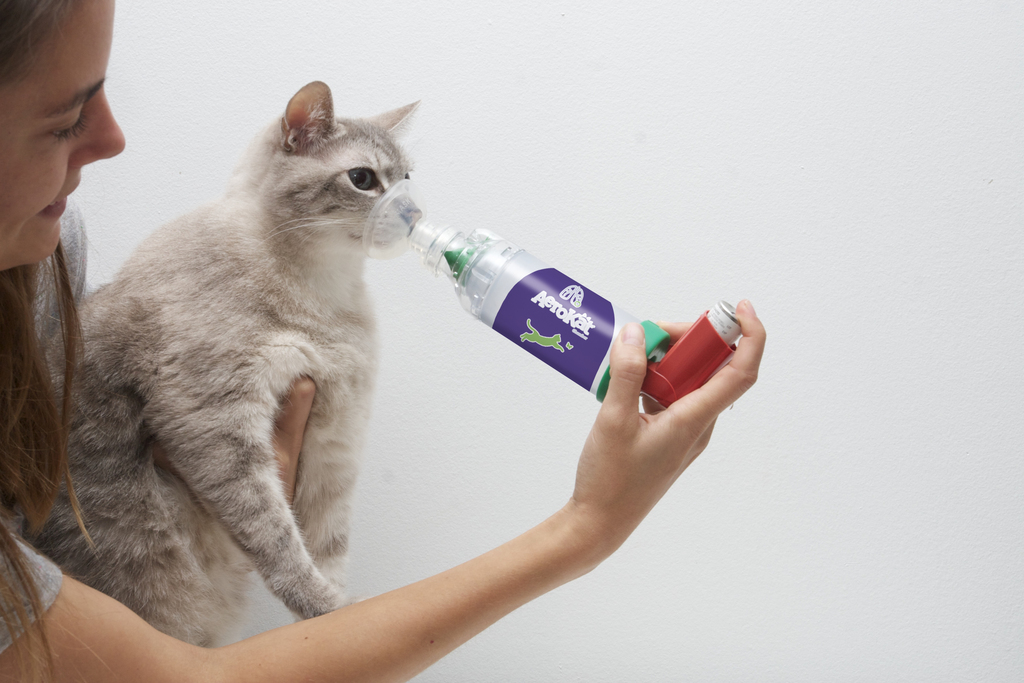
1 % of ill cats are diagnosed with chronic bronchitis, a similar disease to asthma in people. It is a disease because of inflammation in the air passages and causes chronic dry cough in most cases. However, cats can hide disease well and may suddenly begin coughing and have breathing difficulty instead of showing severe cough. Oriental and Siamese cats are predisposed to this condition.
Bacteria
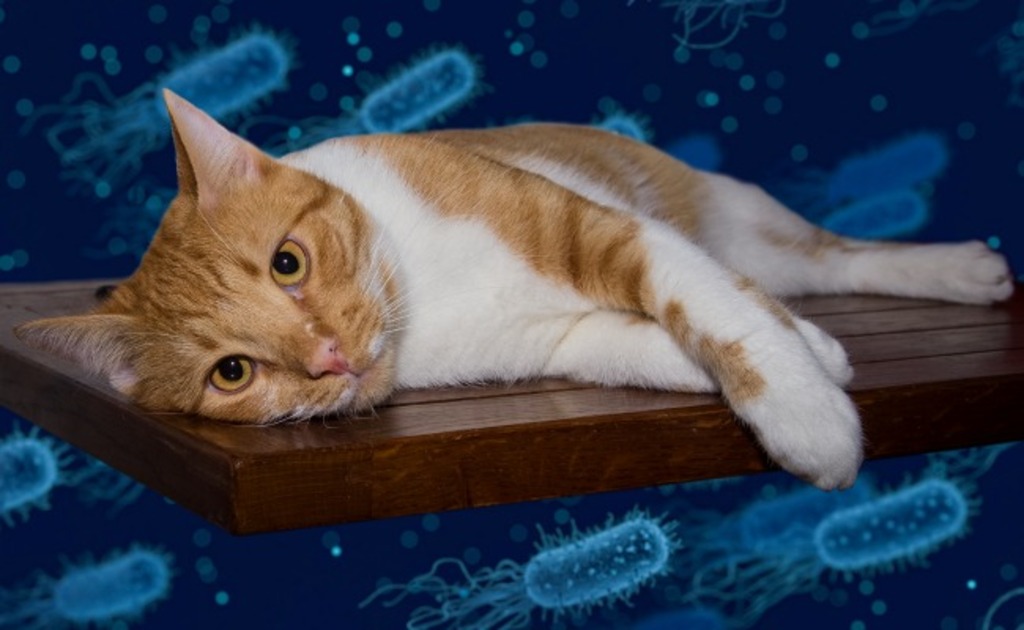
The bacteria are rarely alone and often impact the upper airway and lungs with a virus. Coughing occurs suddenly and comes with fever, decreased appetite, decreased activity, and sneezing with mucus (wet sneeze).
Pneumonia
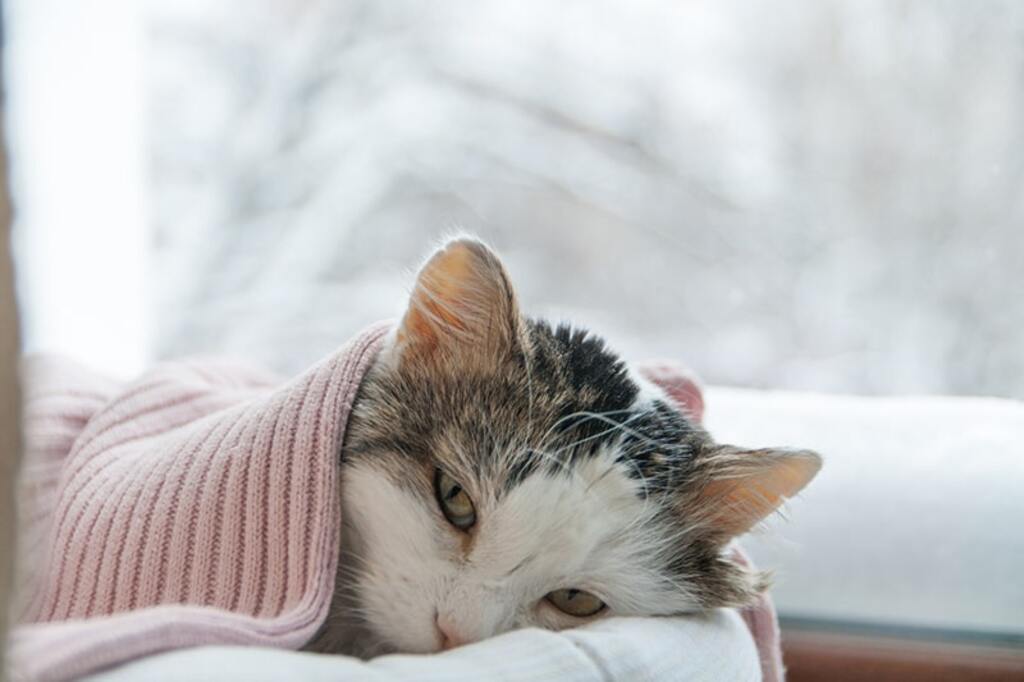
Pneumonia in cats refers to lung inflammation in general. It occurs quickly and can make the cat feel very sick—likely feverish, lack of appetite, no activity, and perhaps struggling to breathe. Moreover, pneumonia can happen by many things such as:
Infections
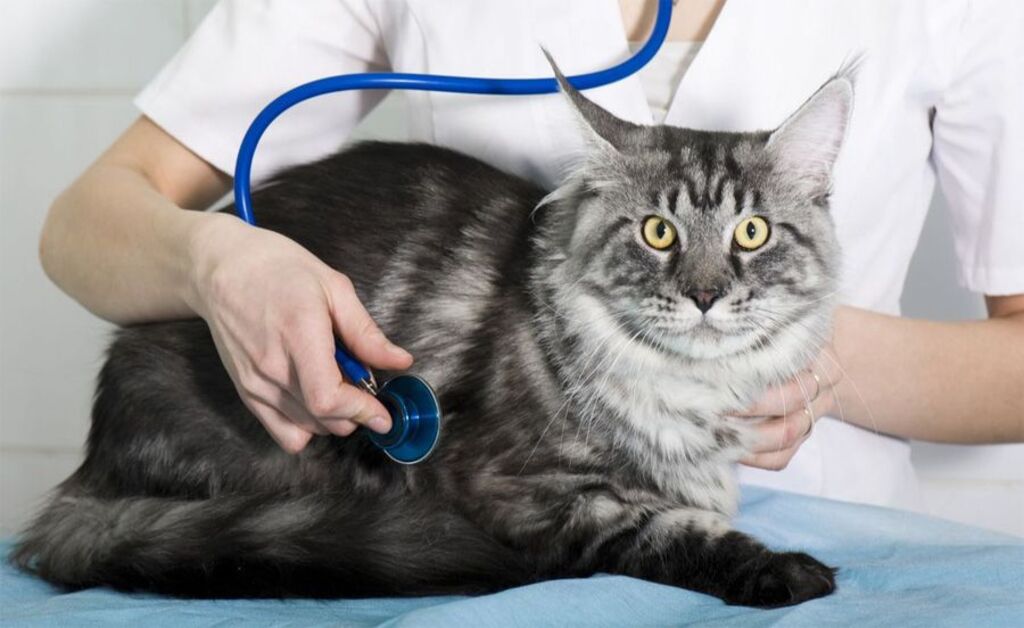
It happens due to bacteria, viruses, protozoa, fungi, or mycobacterium.
Aspiration
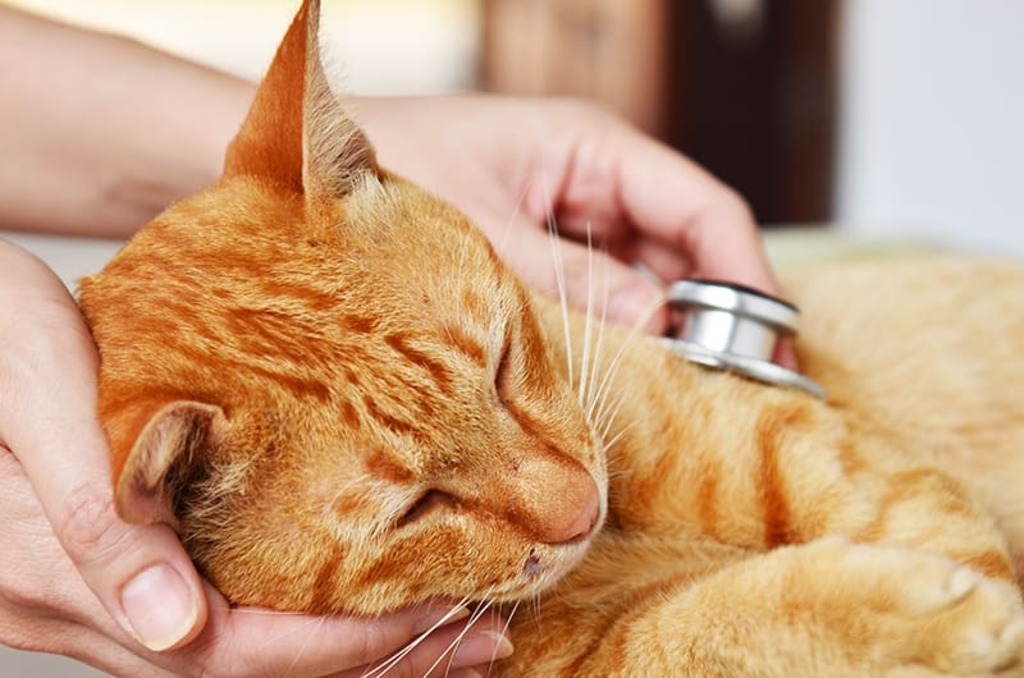
This happens when vomit or stomach fluid is accidentally breathed in instead of swallowed, usually with severe vomiting or anesthesia episodes.
Edema
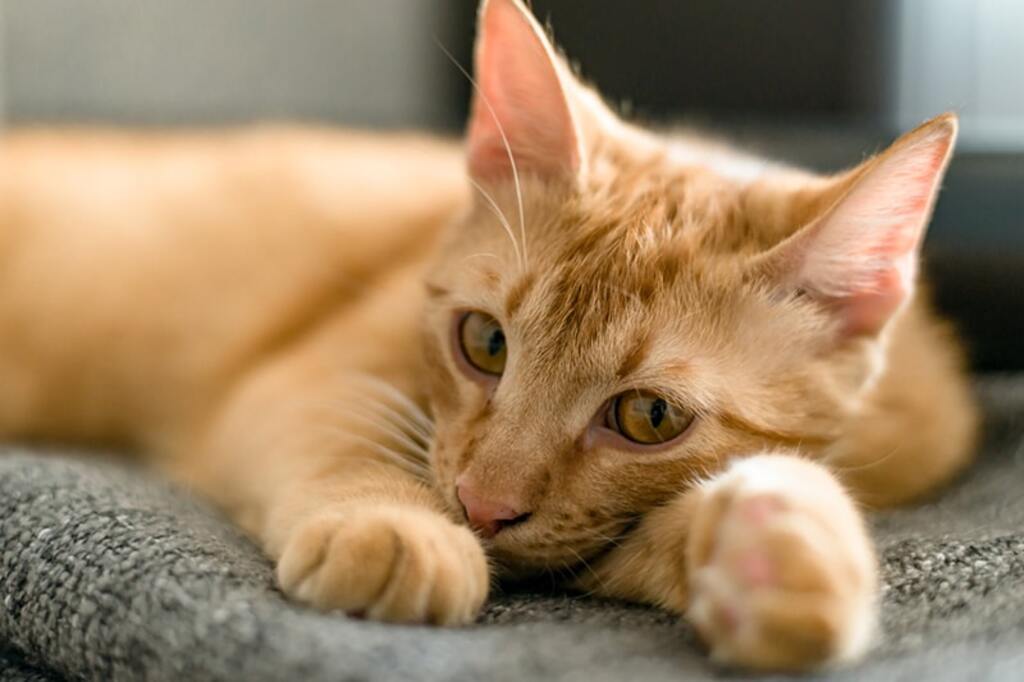
Edema is one among other cat illnesses when Fluid fills the lungs’ air passages, which causes coughing as the body attempts to get rid of the Fluid, and your cat may struggle to breathe. It can be due to the heart or not. Coughing due to heart failure is not common in cats, so if edema is present, it is unlikely to be linked to heart disease. Even so, the only method to know is to have the cat’s heart checked by a specialist.
What Are the Rare Causes of Cat Coughing?
The above possible causes of coughing in cats are more common; other reasons produce cough. Read the following article to learn about the rare causes of why my cat is coughing.
Rare: Heartworm Disease
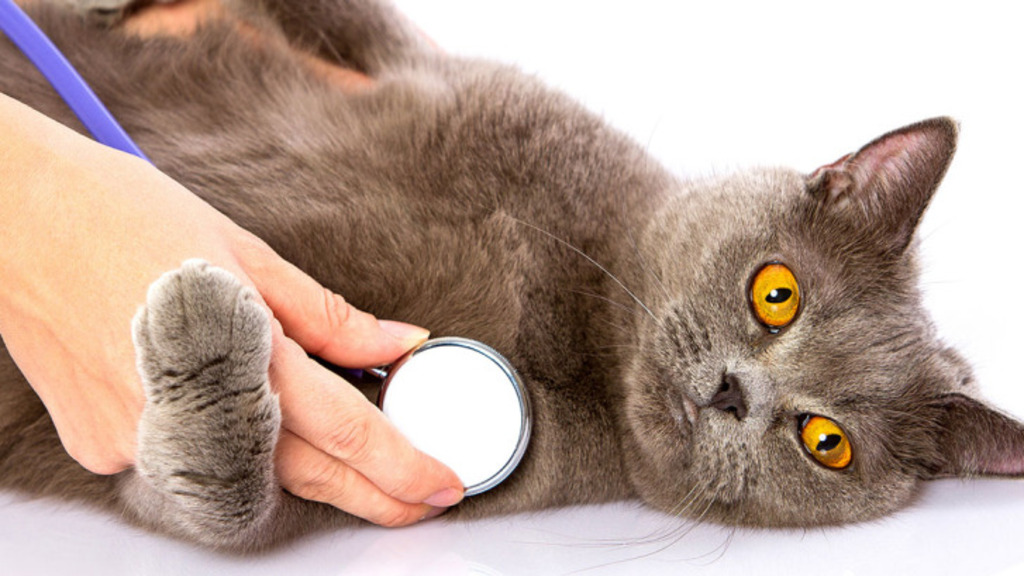
When cats have a heartworm infection, it is often life-threatening if the cat is experiencing symptoms. The cough happens when the heartworm parasites live inside the air passages, causing severe inflammation. A cat living outdoors in areas known to have heartworm disease and does not receive monthly heartworm prevention may have heartworm disease.
Extreme rare: Laryngeal Paralysis
This condition is more common in dogs than cats. The larynx opens to the windpipe, which consists of two folds of tissue that open when your cat is breathing in. If these folds cannot open, it creates inflammation and a decreased ability to breathe in, causing a cough.
How to Treat Cat Coughing?
Treating the coughing problem of your cat depends on the cause of the cough; for this reason, a diagnosis by a veterinarian is essential.
There are some of the common treatments for cats coughing, such as:
Steroids
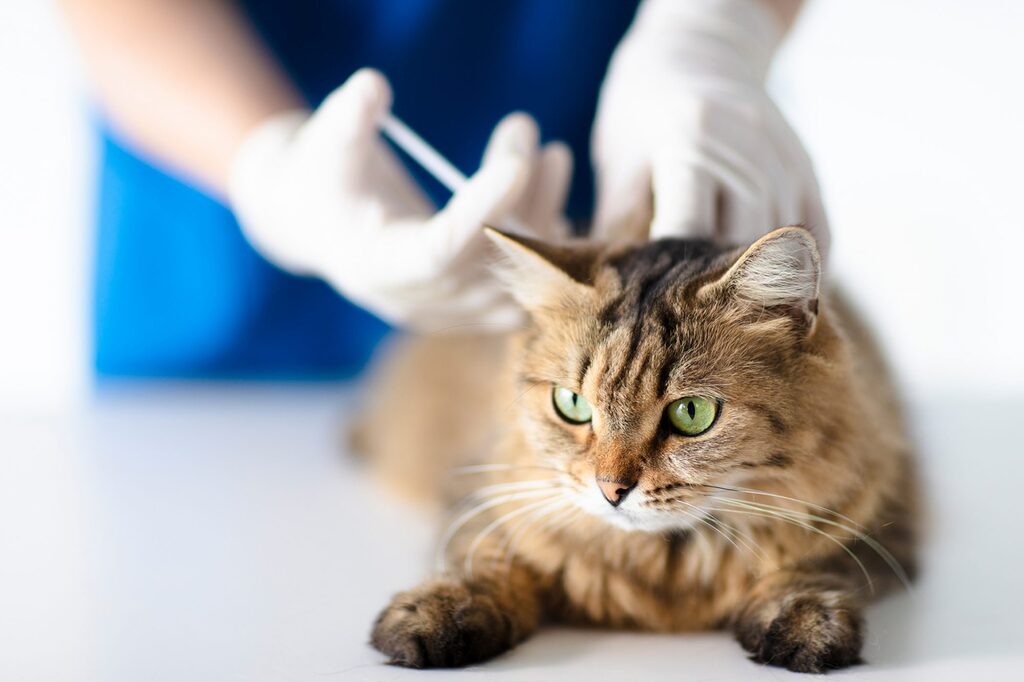
Helps for treating chronic bronchitis, polyps, or other inflammatory conditions such as prednisolone by mouth or a cat inhaler containing fluticasone.
Antibiotics

Antibiotics are helpful for respiratory infections or pneumonia, such as doxycycline or enrofloxacin.
Antiparasitics
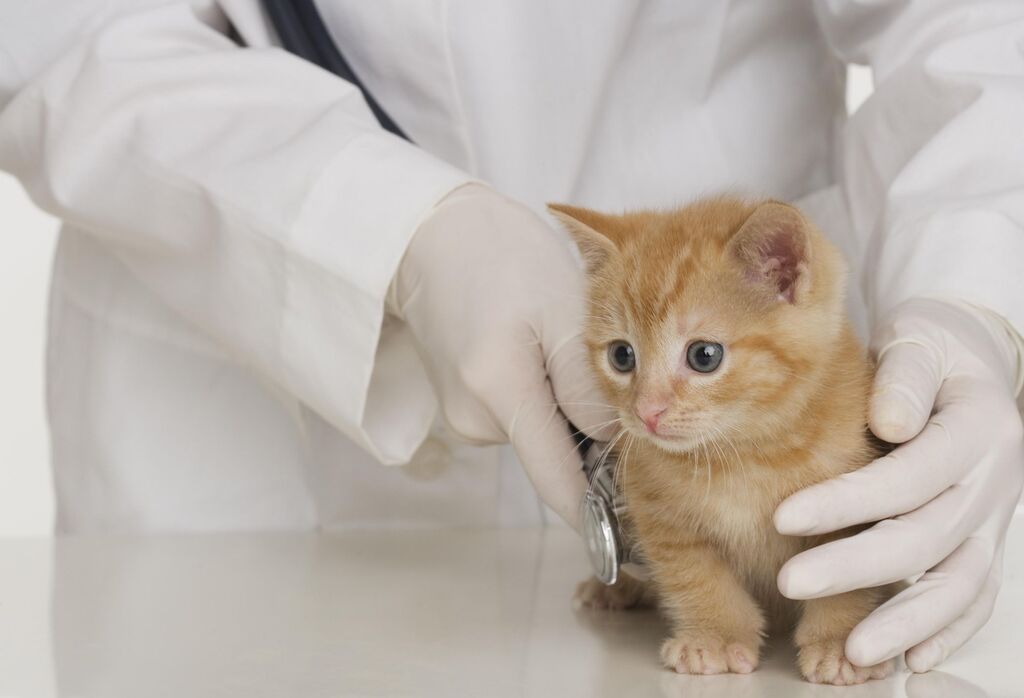
For getting rid of lungworms such as fenbendazole by mouth or imidacloprid/moxidectin applied to the skin.
Cats with more serious conditions such as pleural effusion, trauma, or severe pneumonia may need to stay in the veterinary hospital and get treated with oxygen, medications, and special procedures like removing Fluid from the chest. With the help of a needle, this process helps treat the condition—a procedure known as thoracentesis.
Suppose a foreign body or polyp is present in your cat. In that case, the veterinarian may recommend anesthetizing the cat at the hospital and examining his mouth, throat, and nasal cavity while sleeping. If your veterinarian finds the polyp, he may be able to remove it. Flushing the nasal cavity can help if a foreign body is stuck near the back of the throat or a large amount of mucus production.
When Should I Worry About My Cat Coughing?
If you hear your cat coughing one day and your cat does not usually cough, you should monitor your cat carefully. If your cat is coughing for two weeks or more, your cat likely has chronic medical issues needing medical assistance. Moreover, if your cat is coughing, bringing him to the veterinarian early is the best way to keep the cat healthy.
However, if the cat is coughing a lot one day or appears to be in distress, you should immediately take it to the veterinarian. Some specific symptoms that indicate the cats’ needs for immediate check-up are:
- No activity
- Hiding or other behavior change
- Increased breathing rate
- Little to no appetite
Conclusion
Cats are adorable and make great pets. However, you need to take care of them when you have a cat coughing. As mentioned in the article, your cat may cough for a variety of reasons. You should also get the help of an experienced animal doctor to solve the problem for you.
Learn more:








